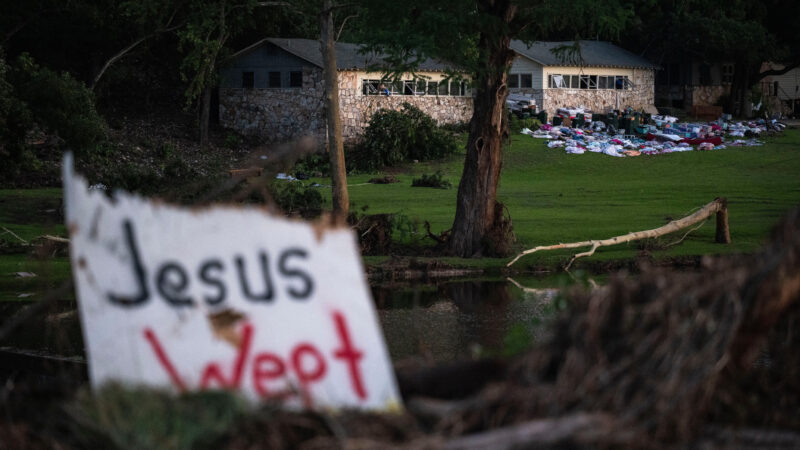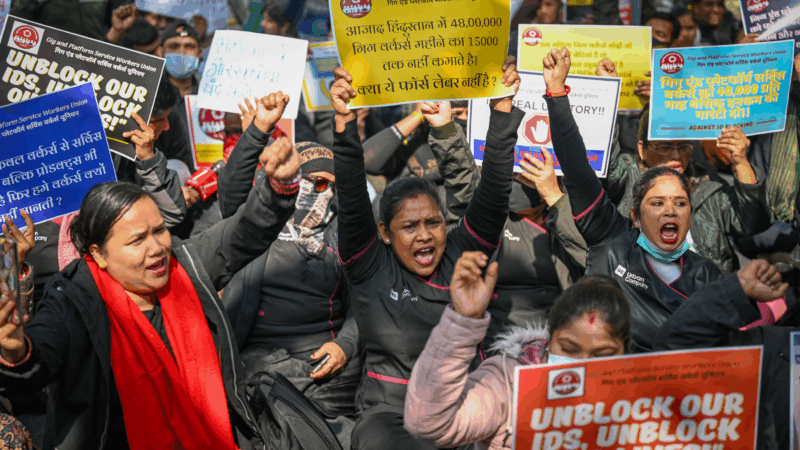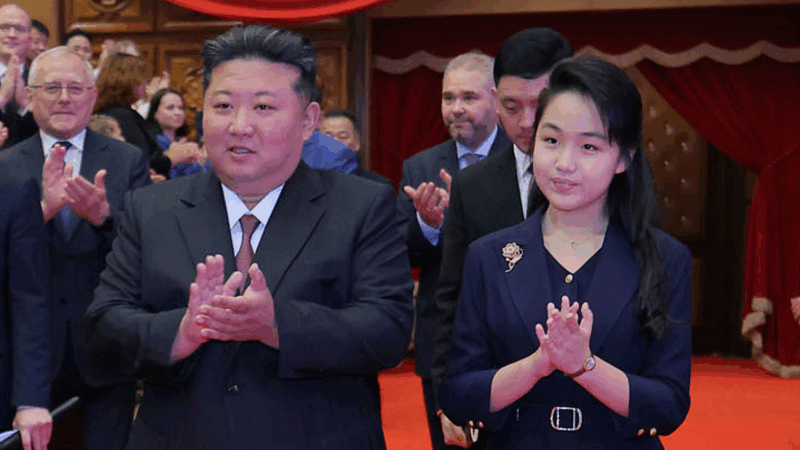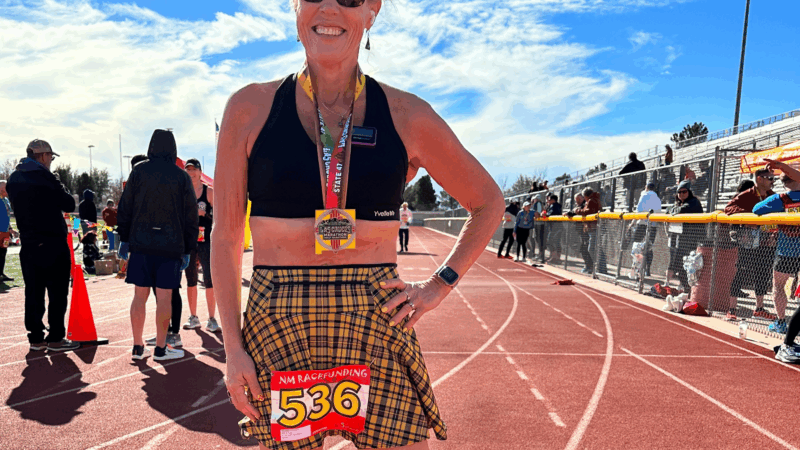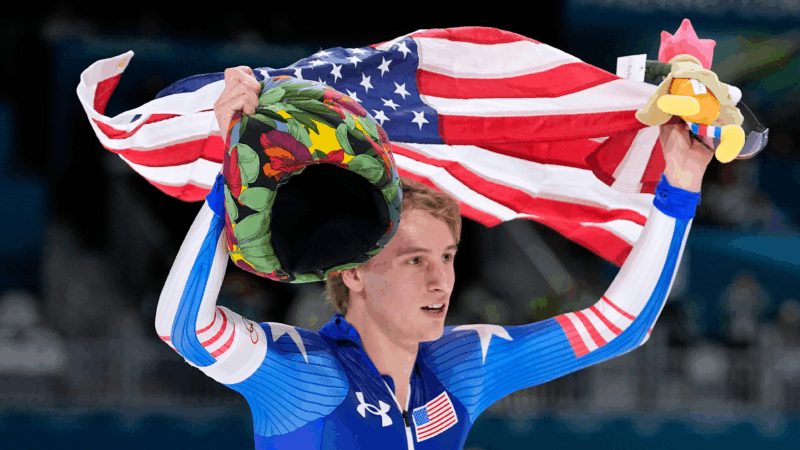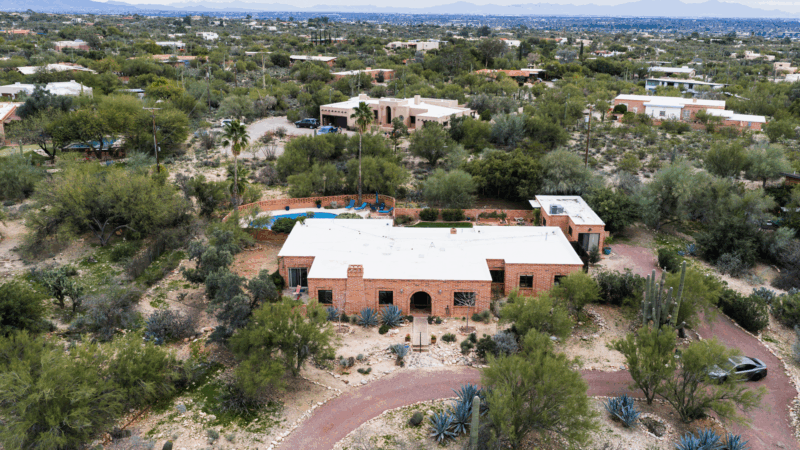The Inauguration and the Magic City
“You got one to take back to school? You do? You got them covered.”
She particularly wants school children to have the programs – a memento of history. McArthur says people are in good spirits as they come in from the cold.
“A lot of high-fiving. Even they will take their hand off their cane to high-five you.”
McArthur mentions the oft-repeated assertion that she didn’t think she’d live to see an African-American elected president. It’s a feeling shared by Broderick McMullin. He’s second in command at the concession stand. No presidential themed food though. Not even “Barack-a-cola.”
“No, no, we have all Pespi products.”
The nachos are popular, he says, with the younger crowd. McMullin is a high school history teacher and he says Mr. Obama has already generated interest in civil rights history among his students. But he says teaching American History will be different after January 20, 2009.
“I mean you know now that anything is possible, you know, with this happening.”
This inauguration will certainly be recorded in the history books, but the country is also in historic economic times. Something not lost on Rocky Reeves. He is hoping for the best in Barack Obama.
“I think he has good ideas. I think he has the leadership skills. If anybody can do it, I think President Obama will. You know, I worry that he’ll do a fantastic job, better than anybody else could have done, but still not be able to pull us out.”
The auditorium itself is dark. Police officers urge people not to block doors. It’s standing room only, although not so packed there’s no room to maneuver. Flanking the screen above the stage are two large American flags. Red and blue stars are projected above the stage and to either side, the words hope and change. The throngs cheer and chant when President-elect Obama appears on screen. What they’re waiting for, though, is the oath of office.
Cameras flash like strobe lights. Balloons and confetti fall from the ceiling.
Despite all of the revelry, all of the history, Ted Roberts looks somewhat subdued. He’s 77. A foot soldier of the civil rights movement. He sat at lunch counters. Also demonstrated. Roberts says he was young enough he didn’t get taken to jail. Instead the police took him to Legion Field or the Fair Grounds leaving his parents to pick him up the next morning. Now what does President Barack Obama mean?
“So we came a long ways by Obama being the first black president. That’s a big
start. But we need to go further with this.”
He notes the lack of white faces in the crowd and mentions white flight to the suburbs. Roberts says obviously some white people did vote for Mr. Obama, but he seems skeptical of people truly accepting living among those of different races. Wanza Reynolds though is caught up in all the revelry. It’s surreal she says. The country has changed and won’t be the same anymore.
“I think everything that will happen will be what America has always promised
and now the delivery is here. The delivery van has arrived!”
Camp Mystic parents from Alabama seek stronger camp regulations
Sarah Marsh of Birmingham, Ala. was one of 27 Camp Mystic campers and counselors swept to their deaths when floodwaters engulfed cabins at the Texas camp on July 4, 2025. Sarah’s parents are urging lawmakers in Alabama and elsewhere to tighten regulations.
Court rebuffs plea from domestic workers for better pay and respect
They're often paid low wages and lack job protections. A petition to the country's supreme court to support their demands did not see success — and they are protesting.
Spy agency says Kim Jong Un’s daughter is close to be North Korea’s future leader
Seoul's assessment comes as North Korea is preparing to hold its biggest political conference later this month, where Kim is expected to outline his major policy goals for the next five years.
Using GLP-1s to maintain a normal weight? There are benefits and risks
Drugs like Zepbound and Wegovy are intended for people who are overweight. Some patients are using them after bariatric surgery to keep pounds from creeping back. Others may just want to lose a few pounds.
Jordan Stolz opens his bid for 4 golds by winning the 1,000 meters in speedskating
Stolz received his gold for winning the men's 1,000 meters at the Milan Cortina Games in an Olympic-record time thanks to a blistering closing stretch. Now Stolz will hope to add to his collection of trophies.
How the FBI might have gotten inaccessible camera footage from Nancy Guthrie’s house
Last week, law enforcement said video footage from Nancy Guthrie's doorbell camera was overwritten. But the FBI has since released footage as Guthrie still has not been found.


